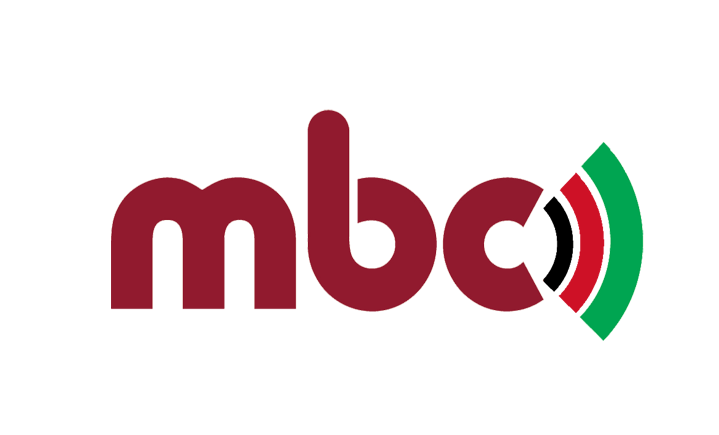MALAWI
Is now the time to reform MBC?
Following the country’s historic election re-run, could this be the time to transform the Malawi Broadcasting Corporation into a public broadcaster free from political interference?

It is not uncommon to hear accusations of political interference regarding the Malawi Broadcasting Corporation (MBC). “It is an open secret that some quarters of society views MBC as a mouthpiece of the ruling party and that the institution does not adequately feature opposing views,” Reverend Patrick Semphere, Chairperson of the Malawi Human Rights Commission (MHRC) told broadcaster Zodiak in May. He added, “This is despite the fact that MBC is principally funded by all Malawian taxpayers, regardless of their political inclinations.”
This was no better illustrated than in MBC’s coverage of the recent re-run of the Presidential election, which was described by media freedom advocates and civil society organisations as “unprofessional” and “biased” in favour of the now-former President, Peter Mutharika. According to the Chairperson of a consortium of Malawian CSOs, the broadcaster allocated very minimal airtime for the opposition party and engaged in sharing misinformation and fabricated content. Freedom House notes that this was a similar to coverage during the 2019 election, in which MBC favoured the ruling party in its coverage, which resulted in the opposition party utilising private media outlets to disseminate its messages to the public.
But not long after opposition leader, Lazarus Chakwera, won last month’s historic re-run of the Presidential election – last year’s vote was annulled by the Constitutional Court in February on grounds of vote tampering – his administration set out making significant changes to many of the country’s public bodies, including MBC.
Reforming MBC
Chakwera’s administration has already dissolved MBC’s board of directors with immediate effect, which the President’s Chief Secretary, Zangazanga Chikhosi, says will address the anomalies and malpractices within it. It is among 60 public bodies in Malawi to have its board dissolved.
When asked about what else was needed to ensure the independence of the MBC, Teresa Ndanga, Chairperson of the Media Institute of Southern Africa’s (MISA) Malawi Chapter, explained to PMA that “MBC requires transformation that goes beyond changing [its] leadership.” It requires “legal reforms that guarantee independence and security of leadership positions.”
According to Ndanga, MISA Malawi has written to the new administration with recommended amendments to the 2016 Communications Act to ensure that MBC board members are appointed from a list of nominations from relevant sectors, and that the respective boards elect their own chairpersons and not that of the President.
Other reforms proposed by MISA include removing the President’s ability to appoint MBC’s Director General. Instead it must ensure that the DG is selected via an open and transparent recruitment process. The MBC should also report to the Parliament’s Public Affairs Committee rather than the Ministry of Information.
“We believe these amendments would help ensure that MBC is not used as a propaganda tool for the party in power but a platform for diverse and robust debate on matters of national interest,” Ndanga told PMA.
So far, Director General Aubrey Sumbuleta has appeared willing to implement changes at MBC. He was quoted in MBC News as admitting that “the corporation has not done a good job in some respects and pledged never to repeat the past mistakes.” But Ndanga acknowledges that post-election, MBC has “began yet again, praising the new administration and not giving any more coverage to the now opposition Democratic Progressive Party.”
In other developments
Other changes made by President Chakwera include appointing former MBC employee and Managing Director of Zodiak Broadcasting Station (ZBS), Gospel Kazako, as Malawi’s new Minister of Information. Panos, a communication for development NGO, has urged Kazako to prioritise implementing Malawi’s Access to Information (ATI) law that would “provide a platform for citizens to hold their leaders to account on public service.”
The law was enacted in 2016 but was never operationalised. Yet while Panos appears confident that Kazako will help to foster a more transparent media sector, some are concerned that his affiliation with ZBS and previous position as a member of the Malawi Communications Regulatory Authority (MACRA), may result in ZBS being able to “flout regulations”. There is added concern that ZBS could then be used as a platform to promote the new government’s policies.
In May, Malawi’s Constitutional Court reversed the government’s orders to ban radio call-in programmes after it accused broadcasters of “careless and unethical coverage” following the 2019 elections. Judge Chifundo Kachale ruled that the ban was an infringement on freedom of expression, which is guaranteed in Malawi’s Constitution. But the flow of information was not only disrupted there. After the polls closed in last year’s election, social networks and TV signals were obstructed, preventing broadcasters from operating, and questioning the transparency of the electoral process.
RSF states that “these press freedom violations ended the progress seen in recent years.” Reports also continue to expose assaults on journalists at a time when access to information, transparency and their ability to hold power to account are especially vital during the COVID-19 crisis.